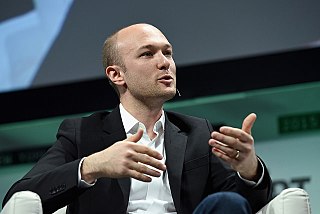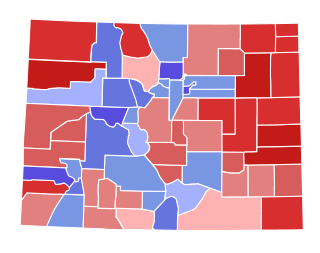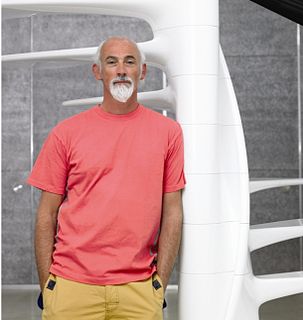A Quote by Logan Green
We created Lyft because we want to establish a radically different concept of personal transportation. We want people to think of transportation as a service enabled by technology instead of as an expensive and large piece of hardware to own.
Related Quotes
Eight out of 10 drivers prefer driving for Lyft. We'll keep delivering our message. We'll keep talking about how we want to push forward the future of transportation in a people-centric way, and the narrative has already changed dramatically in the past year, and will continue to change as we continue to tell our story.
The Indian context is unique. The market is very large, and I believe there is enough room for many players to innovate on different parts of the transportation business. That said, if somebody just brings an American concept to India, it'll only go so far. You have to build for the Indian needs and dynamics.
I'm involved in everything from highly progressive lighting systems to airline interiors. In the field of transportation I can go from the micro to the macro: architecture, transportation, industrial product design, right across the board. It's Russian dollism, because they all interrelate: one goes into the other.




























